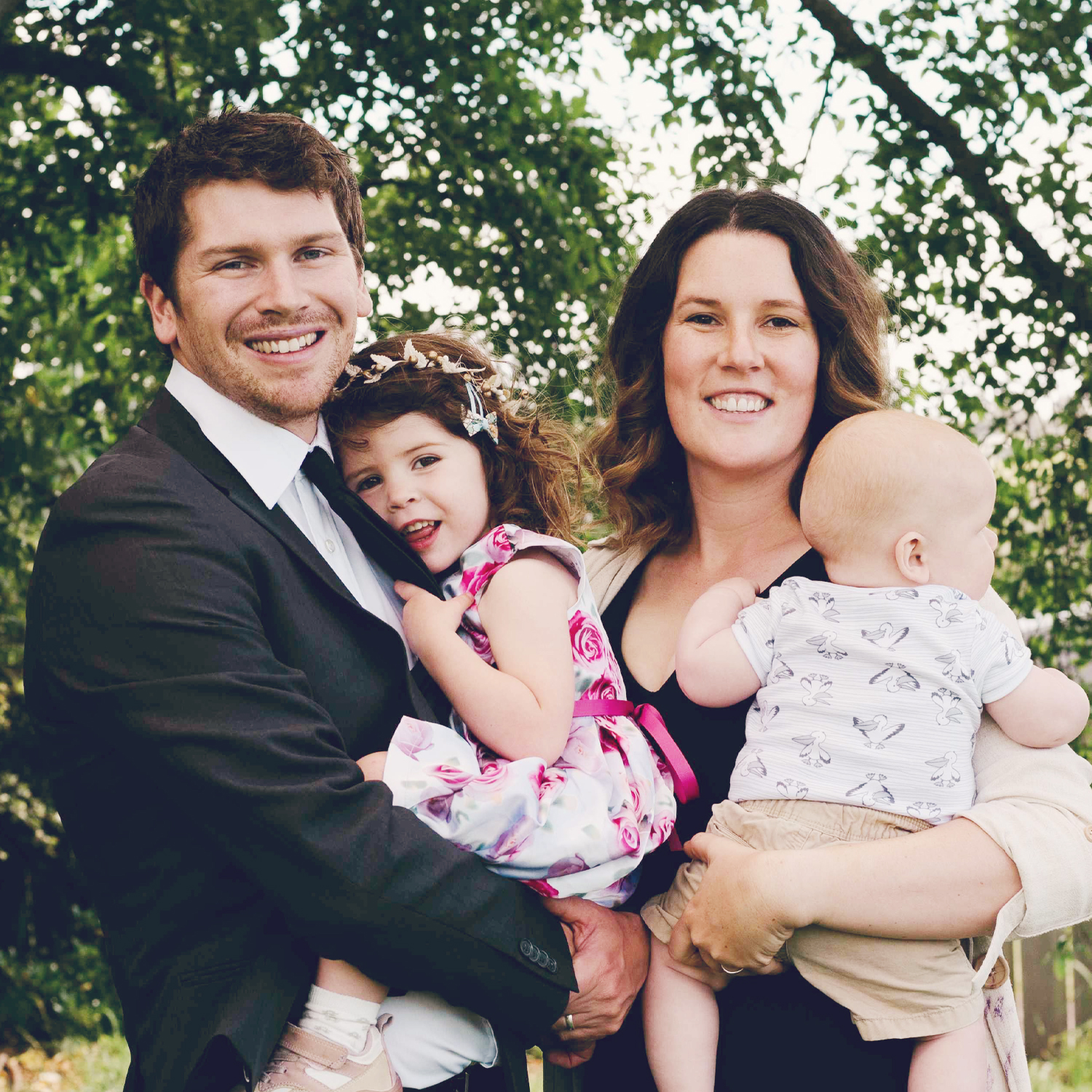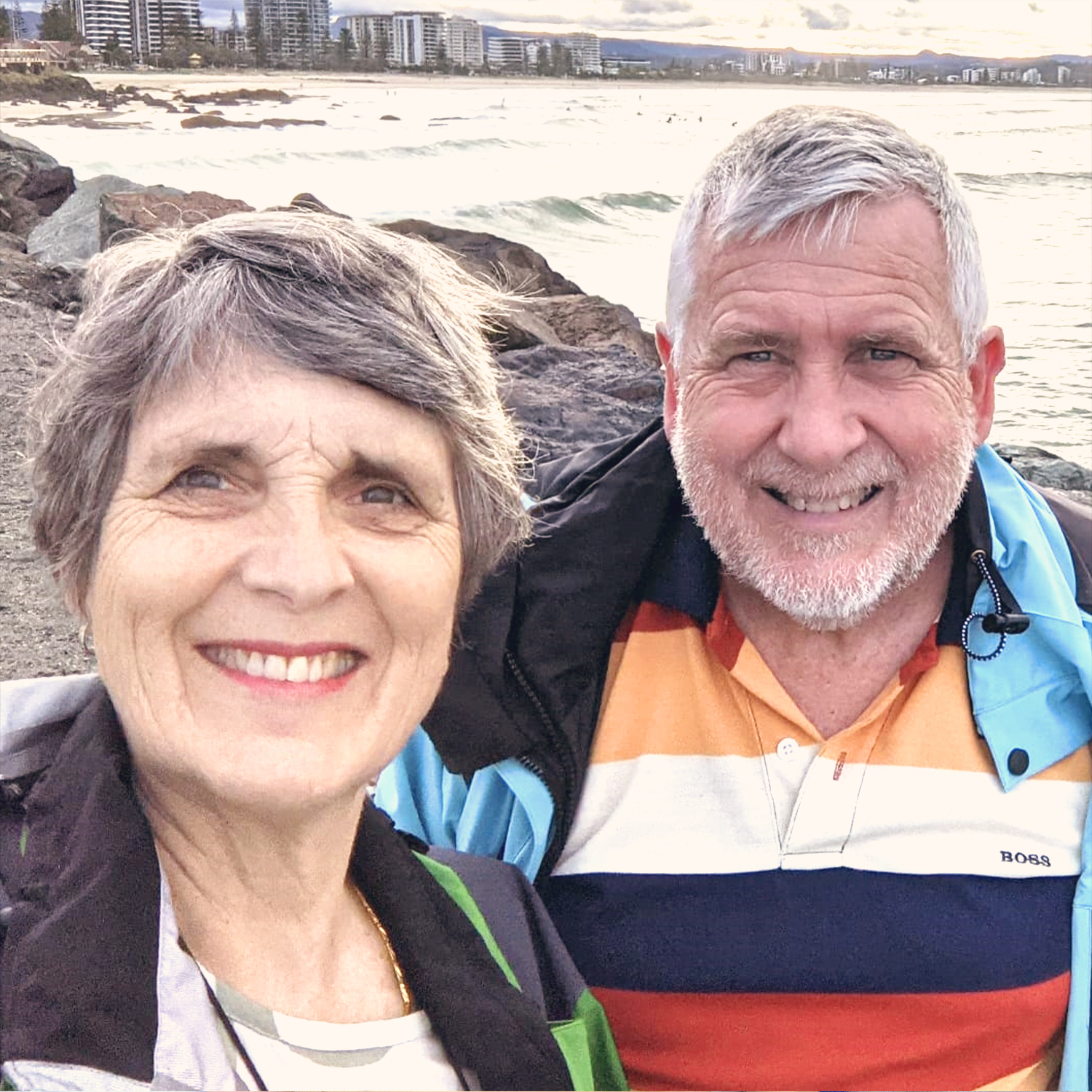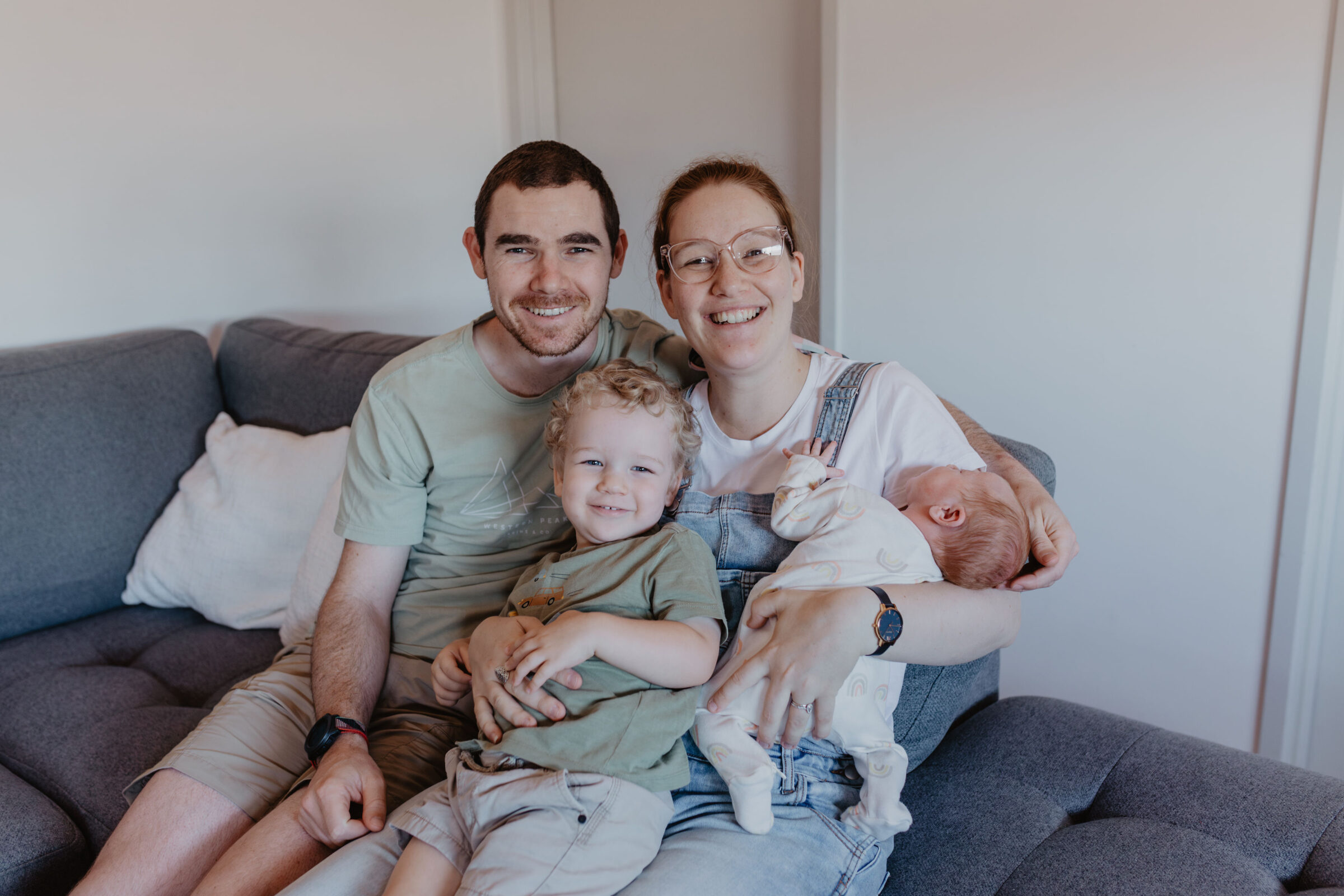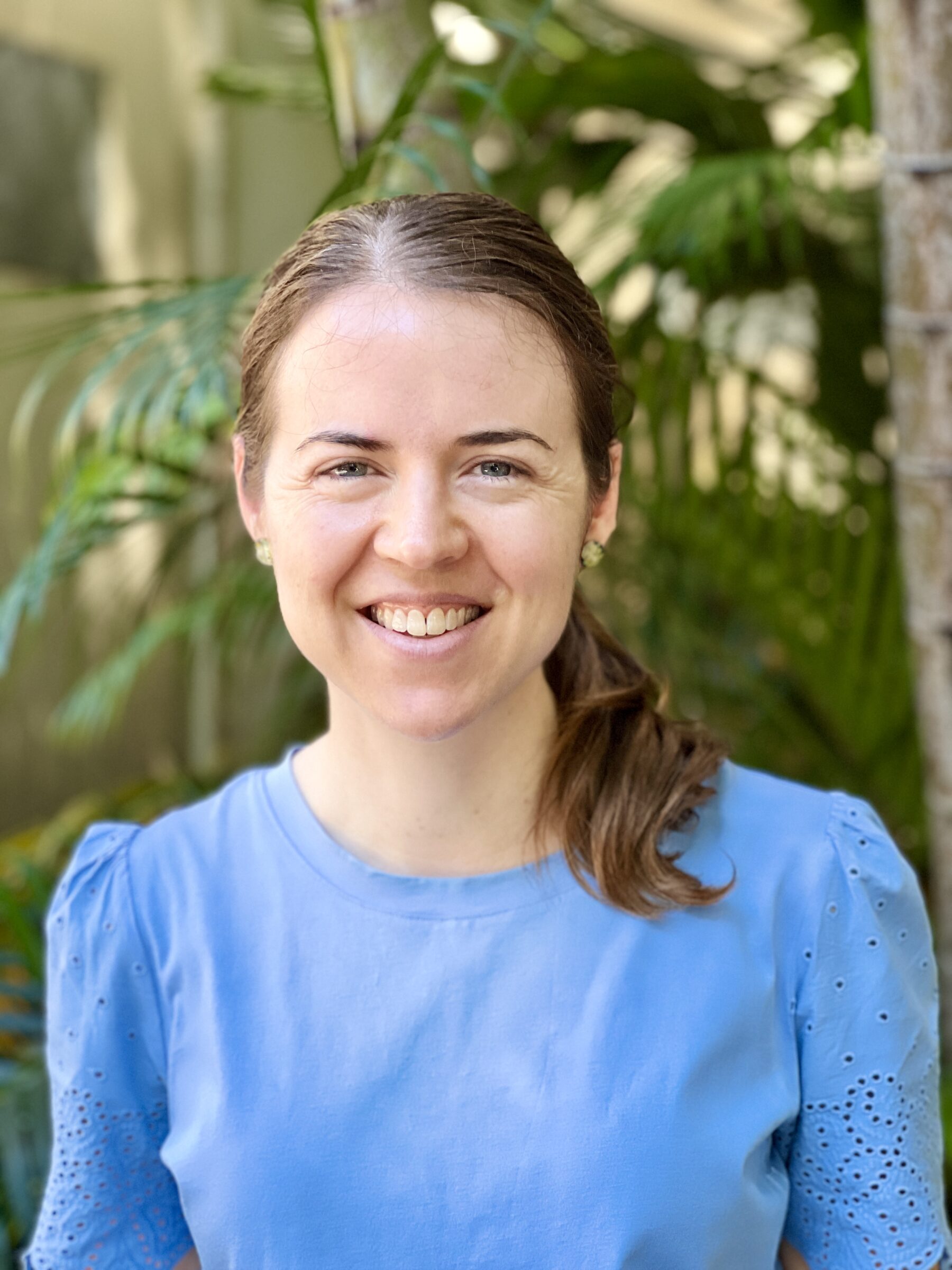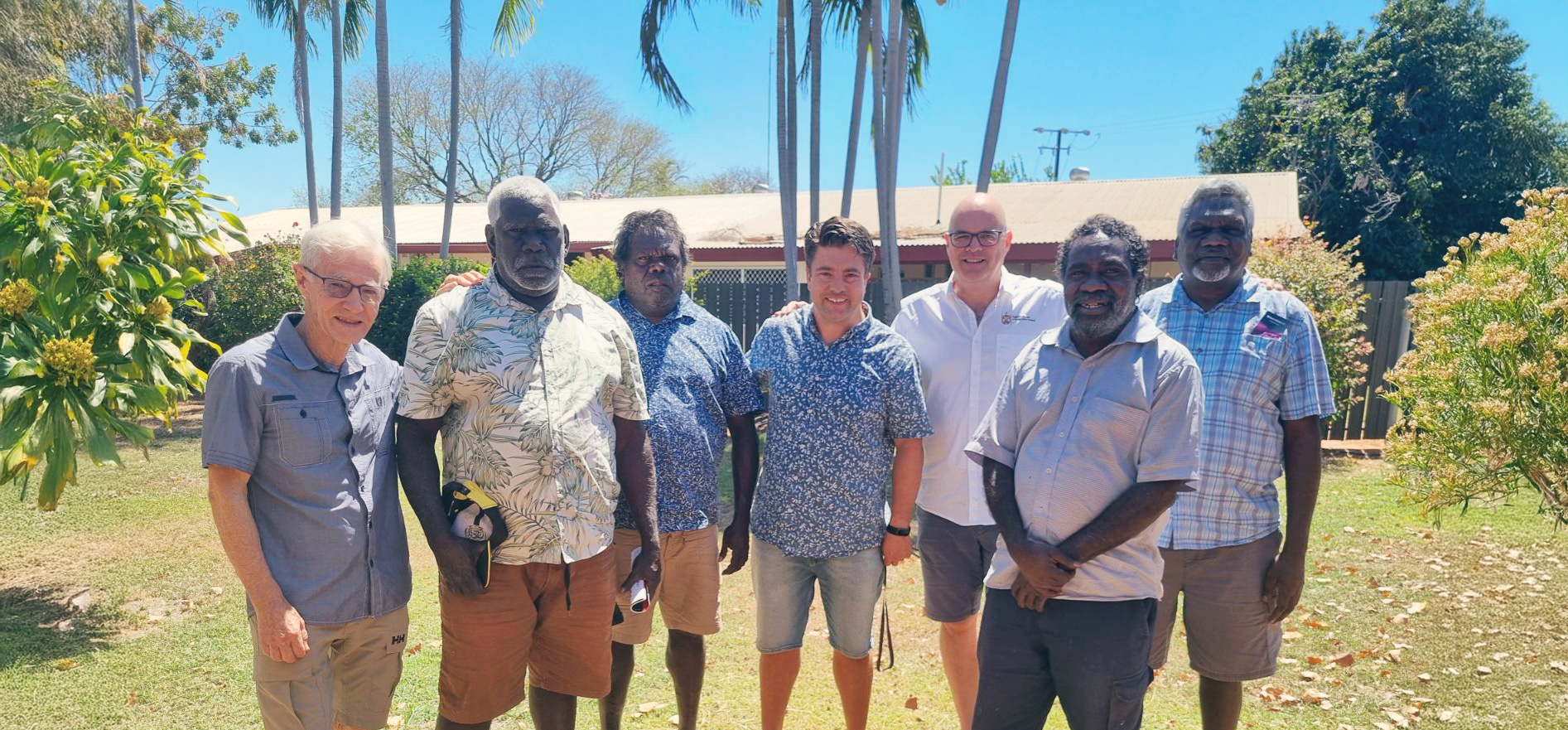Pleasure, Pain and the Secular Worldview. Part 3: Shrink-wrapped Minds
In this, the third in a series of six on ‘pleasure, pain, and the secular worldview’, CMS Director of Training and Development David Williams talks about ‘shrink-wrapped minds’; that is, a mind that confines all thought of meaning and purpose to itself. Part one, Emotions and the Fall’, is here. Part two, ‘Life under the dome’, is here. Watch for the next installment in the near future.
So far in these articles I’ve argued that Western societies are abandoning guilt and innocence as controlling themes without our worldview, but instead are adopting a pain pleasure worldview.[1] There are two signposts that point us to the pain-pleasure worldview, each creating a different separation between us and God. In the last article we looked at the first signpost, Jeremy Bentham’s utilitarian philosophy; and the first separation— a dome that the secular world places over us, excluding God and anything transcendent from our worldview.
In this article we will explore the second signpost and the second separation.
A second signpost: The pleasure principle
The second signpost came in the early 1900s, when Sigmund Freud developed the idea of the pleasure principle. He argued that the human mind seeks pleasure and avoids pain, and that this explains some of our fundamental motivations. So Freud was using pleasure and pain at a personal level. Pain pleasure explains my drivers, the fundamental basis of my decision making. Freud argued that the path to maturity is to learn to override the fundamental drives to gratify our desire for pleasure.
The first signpost, Jeremy Bentham, points us to ways that pain and pleasure are used at a societal level. The second signpost, Sigmund Freud, points us to ways that pain and pleasure are used at a personal level
The second separation: a shrink-wrapped mind
The second signpost points us to the second separation. The second separation is that the secular world shrink-wraps our minds and isolate ourselves within our own thoughts. Pain pleasure is not only about how society should operate, its also about how I should operate.
This is a change in where meaning is located. In mediaeval times, things had meaning and significance in and of themselves. A “thing” could have power and significance in itself. A charm or amulet had power. The bread and wine of the Lord’s supper had power.[2]
But now meaning and significance has stopped being located in the thing itself and is now a construct of the human mind. There has been “a shift in the location of meaning, moving it from ‘the world’ into ‘the mind’.”[3] It’s as if we have shrink-wrapped our minds and placed all meaning and purpose inside the shrink-wrapping.
A practical example of this shift in the location of meaning can be seen in the sexual revolution. There has been a separation between my mind and my body. In the 21st century, my body doesn’t tell me about my gender or sexual identity, my mind tells me that. So my body might have male sexual characteristics, but what matters is what my mind tells me. And if my mind tells me I’m female, well, then I’m female because meaning is located in my mind.
Paul Miller gives a similar illustration. He was counselling a man who was in an extra-marital relationship, but justified it because he didn’t feel married to his first wife. He was locating meaning in his mind, not in the world his head.[4]
It is as if our minds have been shrink-wrapped and are impervious to external forces, especially external spiritual forces. The idea that God, Satan or evil spirits can impinge on my mind or in some way enter my thoughts is alien to us.
One of the consequences of shrink-wrapping our minds has been to allow for the rise of individuality. Shrink-wrapping my mind from outside forces allows me to shrink-wrap myself from other people. I can live more privately, more individually. What I do matters less to other people and what they do matters less to me. This is in stark contrast to many cultures around the world today. In most world cultures, another person’s actions might bring spiritual harm to me, and vice versa. That means that I am deeply concerned about what is going on in my community. But in secularism, what my neighbours are doing doesn’t matter in the least. So secularism creates the shrink-wrapped mind. The shrink-wrapped mind promotes individualism and leads to a break down in the significance and functionality of community.
Pain-pleasure means expressing my individuality
So where does that leave us in the first few decades of the 21st century?
It means that in the pain-pleasure world, life is all about expressing my individuality. Life is about being authentic to the person that I am. We live in the Age of Authenticity.
Living in the age of authenticity is all about expressing my individualism in order that I might flourish. In the pain-pleasure world, the purpose of life is to flourish as a human being as I live under the dome.
And the way I will flourish in the age of authenticity is through me expressing my freedom and happiness in whatever way is true to me. My freedom and happiness is the greatest good. So anything that restricts my freedom and happiness must be removed.
The problem: chasing joy, gaining anxiety instead
What have we said so far about the pain-pleasure worldview? We’ve said that the pain-pleasure worldview excludes God by living under a dome and shrink-wrapping our minds. There is no above and beyond, only the here and now. Living in the pain pleasure world means living authentically to the person you are, seeking your own flourishing entirely in the here and now. The meaning of life is to pursue your own pleasure as you define it and so be true to yourself.
So what’s the great irony? The great irony is that we don’t live in a fulfilled, settled, happy age. We live in an age of anxiety. As people try to live out the pain-pleasure worldview, they discover that it doesn’t set them free. Instead it feels like their heads are going to explode. Pain-pleasure says I have to be true to myself. But what does that mean? There are so many options out there, so many choices; I hardly know what I want. And when I do think I’ve found something worth living for, a month later a shinier more attractive alternative appears round the corner. So I feel like my head is going to explode because I’m supposed to be flourishing, but actually I’m just getting more anxious and stressed.
In the pain-pleasure world, I have an emotional hole in my heart. And I’m stuffing things into the hole, but they never satisfy. I want to be free and happy; but I feel trapped and lonely. That’s pain-pleasure, the secular worldview.
[1] As mentioned in the previous article, much of what follows is dependent on two key resources: Taylor, A Secular Age., and Smith, How (Not) to be Secular: Reading Charles Taylor.
[2] Smith, How (Not) to be Secular: Reading Charles Taylor.
[3] Smith, How (Not) to be Secular: Reading Charles Taylor, 28-9.
[4] Paul Miller, J Curve: Dying and Rising with Jesus in Everyday Life (Wheaton, IL: Crossway, 2019).






